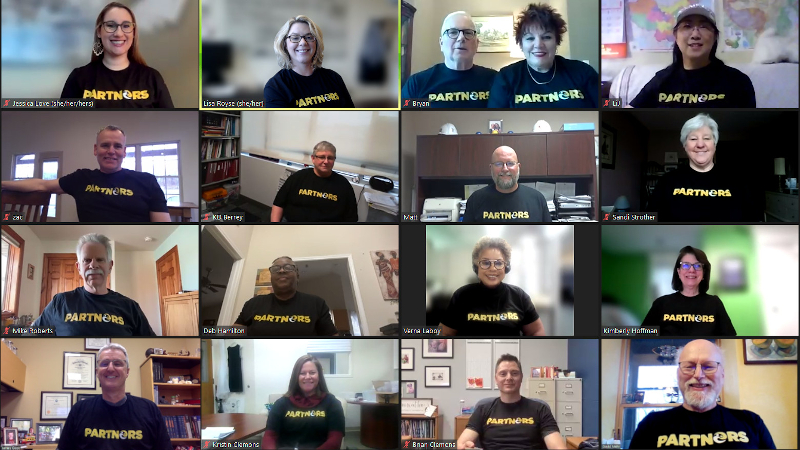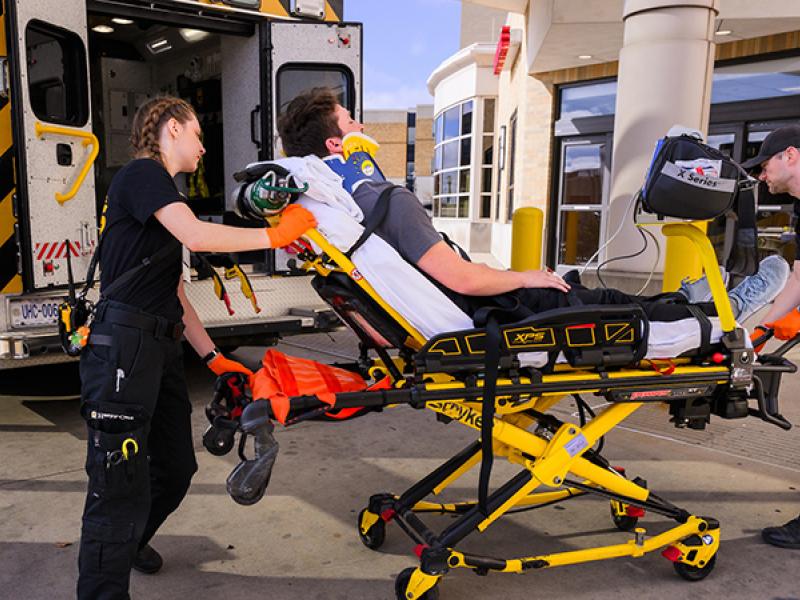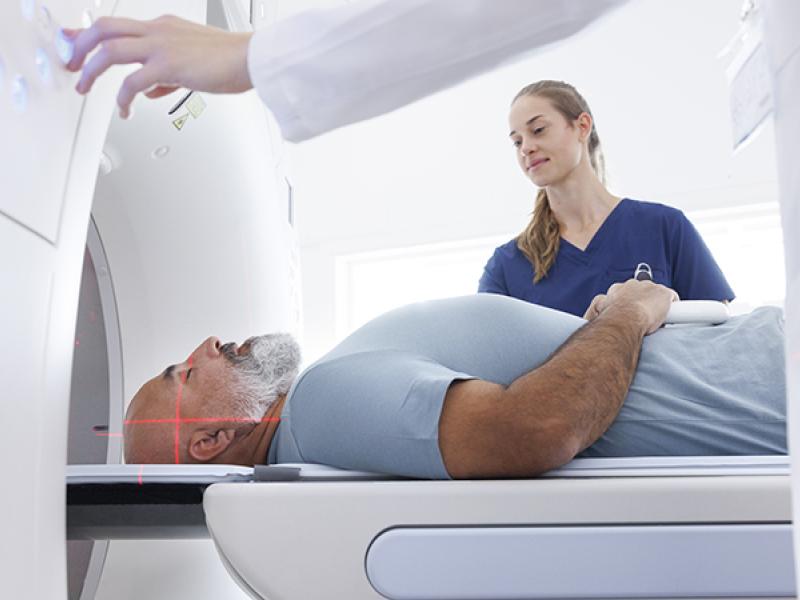The Patient AdvisoR Team iN Orthopaedic ReSearch (PARTNORS) is a program at the Missouri Orthopaedic Institute (MOI) focused on building infrastructure for more meaningful patient engagement in research by involving and collaborating with patient partners to identify research areas important to them and co-create patient-centered outcomes research (PCOR).

Patients provide important insight into the strengths and missing or inadequate information related to advanced knee osteoarthritis care. PARTNORS works to bring the patient perspective into research activities through an advisor team of patient partners.
What is a Patient Partner?
A patient partner is a link between patients and researchers. Patient partners use their own experiences to work with researchers to develop studies that meet patients’ needs. Patient partners may have many roles. Examples include:
- Collaborate with researchers to develop patient-centered research questions.
- Brainstorm ways to recruit patients to participate in a research study.
- Co-create materials to inform patients about their treatment options and care.
- Share research occurring at MOI with family, friends and community.
A patient partner is part of the research team and helps the research team plan studies, collect data, and share study results. This is different from a research participant who is enrolled in a study as a research subject and provides information to the research team.
Patient Advisor Team Objectives
PARTNORS consists of 12 patient partners who have a shared experience of complex knee problems. The team members use their individual experiences to work with researchers and accomplish the following objectives:
- Define patient-centered research priorities for comparative biologic and artificial knee surgery research for middle aged adults.
- Collaborate with researchers to provide patient insight about research activities.
- Contribute to broader dissemination of the research and findings occurring at MOI.
This program was partially funded through a Patient-Centered Outcomes Research Institute (PCORI) Eugene Washington PCORI Engagement Award (EACB-22651).







